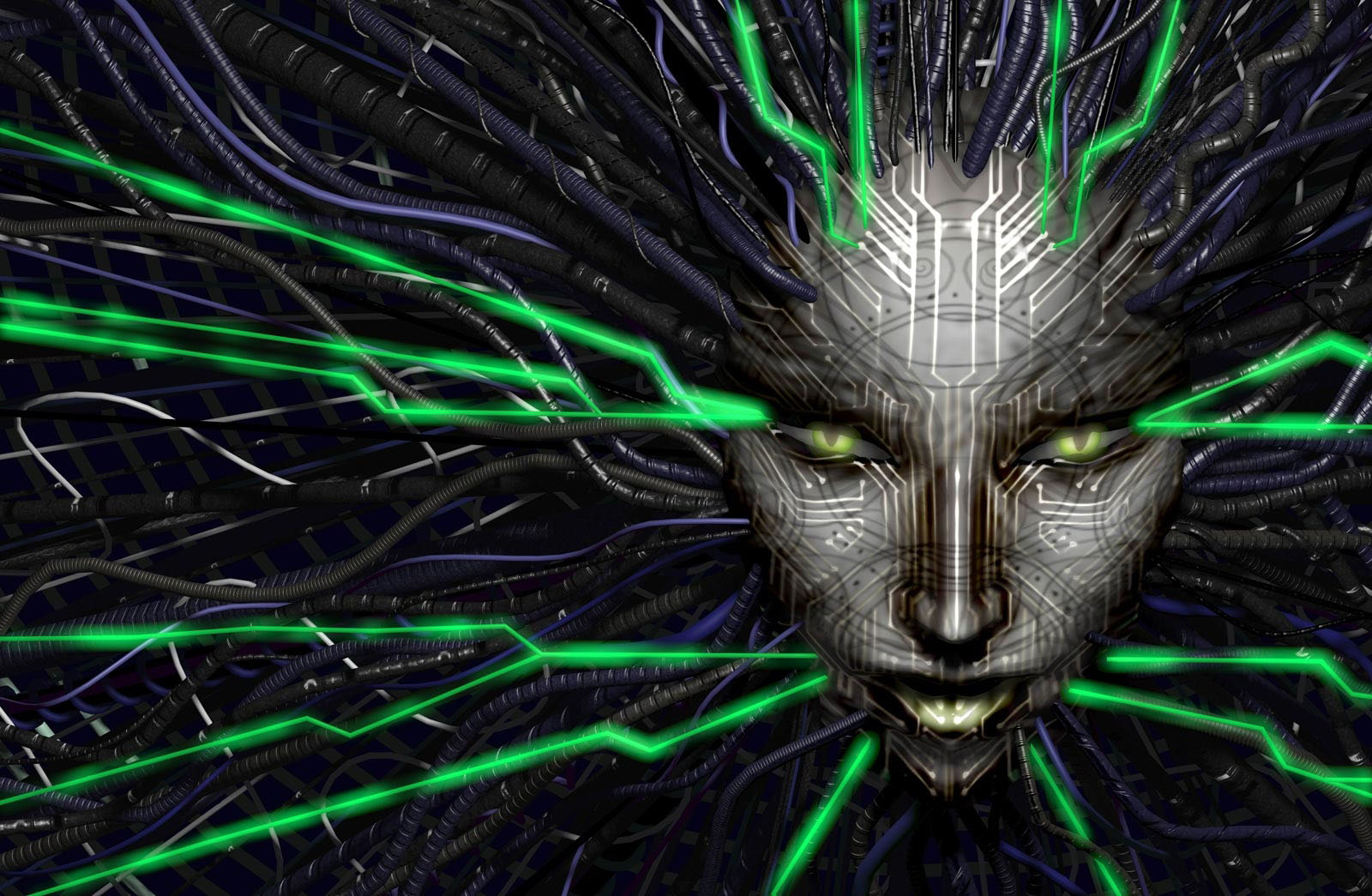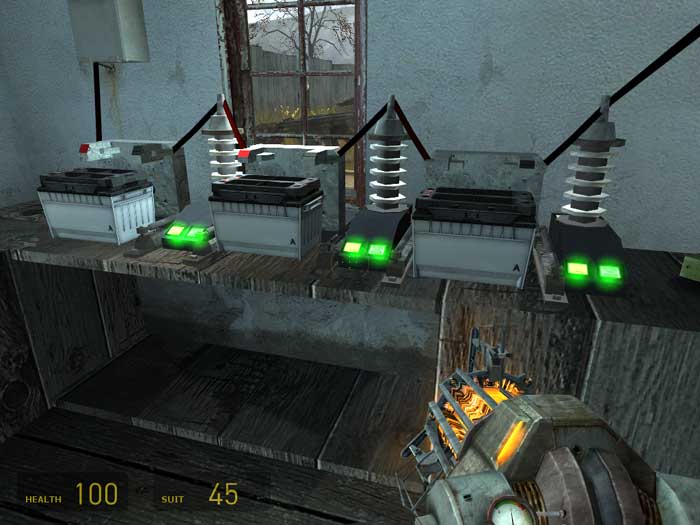Film buff, non-game playing Friend: Damn dude, you just snapped that guy's neck like a twig.
Me: Yup
Film buff, non-game playing Friend: But that Nathan guy seems so harmless. One minute he's cracking jokes and the next he's a wise-cracking, neck snapping, gun shooting killer.
Me: It's a video game; don't think too hard on it.
Film buff, non-game playing friend: Doesn't make sense to me.
Me: It's not supposed to. This isn't a movie, it's a game. You watch a cinematic and you shoot **** afterwards.
Film buff, non-game playing friend: Whatever
Now, aside from that riveting conversation, let me just lay the foundation for my argument by indulging in a certain comic book hero, Batman; please bear with me.
Bat's, the Caped Crusader, the Masked Man Hunter….. he went by many names that hinted of a certain allure. It was a magnetism that preceded many others of his kind who also donned multi-coloured outfits, those self-declared heroes of the 80's. Sure, we enjoyed the bad guy repellent banter, witty quips and investigative talents like everyone else, but it was the knack for keeping his moral foundation secure that made the Dark Knight so interesting. Unlike the type of hero that performed fantastical feats in broad day light to the tune of positive praise, Batman represented the comprehensible fears of a masked vigilante who often gambled his actions on shades of grey rather than the standard black and white. Because of this dark image, it was natural for readers to want the hero to act on impulse and break the rules for the sake of entertainment. "Snap that guy's neck," "Let that fool fall," "For god's sake, kill the Joker already!" were all likely echoed, but despite the wants of readers including myself, the gut reactions of the many were never indulged.

(Not even the Joker's antics could get Batman to break his code so he had to take matters into his own hands)
His principles were never cheapened, so my own unblemished idea along with everyone else's of who Batman was has eternally remained the same. Now let's make something clear; this article has absolutely nothing to do with my own favourite comic book hero, so you faithful Marvel fans can release your collective cringes. Rather, I want to pose a related question based on that bloated introduction. Could Batman still be considered a morally heroic vigilante and still kill criminals at the same time? The answer is no, such a notion would stupefy most readers and possibly trigger outright annoyance. Fans would suddenly lose a sense of who Batman was; the consistency would be shattered along with all for which he once stood. It would be a glaring contradiction.
As Blaise Pascal puts it, "A contradiction in itself is a bad mark of truth." It's an incompatibility between a message that claims a singular truth and a competing idea that asserts the same reality. That's why I think it's unfortunate to hear myself say that I actually think it's a problem that's becoming an all too familiar presence with a lot of video games today, whether some of us realize it or not.
My venture into this world of paradoxes mainly occurred in Rockstar's recent hit, Red Dead Redemption. Here you had a westernized Robin Hood in John Marston willing to bend the law to help the weak, use his moral code to judge those who deserved it and help anyone who needed a supporting hand – an abnormally warm personality for someone living during the harsh 1900's. Of course, the competing idea would eventually reveal itself – an idea that came in the form of his world. It was a virtual playground that compelled the player to hogtie innocent women on train tracks for comedic value, pistol whip NPC's who gave dirty looks and on occasion, the dishing out of a massacre or two was to be expected. Now I know what you're going to tell me gamers - that I had a choice to do all these wrongs. But is it really a choice when a Rockstar game is only truly fun when we're encouraged to express these bouts of free-form mayhem? Just how enjoyable would this virtual world be if we always followed the rules, stayed on the paths and kept things in line with John Marston's own likeable personality? I'll tell you what would happen - it would lose its gameplay attraction for one and become an experience driven by a narrative; in other words, it would become an interactive movie.

(John instantly looses his believability for me once I move off of his moral path)
A game is typically about eighty percent gameplay and twenty percent narrative these days (rough numbers here). If the bulk of my experience revolves around the actions I make, whether that means shooting down bad guys or crashing into cars, and a smaller portion consists of the decisions my character makes without my control, there will inevitably be a contradiction if handled poorly. You can't solve issues like personality inconsistencies by forcing the player down a strict path, either. A game, a medium that increasingly encourages free-form interactivity, would lose its own unique sense of self. At the same time, because of the way most games are designed, with an importance placed on freedom and the increasing emphases on storytelling, you can probably say that a universal acceptance towards video games as art will likely not happen as long as there is a lack of cohesive direction. Respected art is expressed best when every element is made to send a clear and concise message on behalf of the artist. When there is a confusion or contradiction by its own creators, it typically loses its value.

(The pressures of show bussines was made clear in Black Swan. But it also had the benefit of a medium that controls every facet of the experience, unlike a video game that dishes out that control freely).
The fact is, I never really believed in John Marston's character nor did I particularly identify with him for reasons I couldn't explain a year ago. The same could be said about Nathan Drake, Niko Bellic and especially Cole Phelps (don't get me started on him). On the other hand, in other mediums I can still fully understand the personalities and traits of completely fictional characters as if I knew them because they were consistent in their actions.
Can this contradiction be solved as games become more freedom-based with a continual focus on storytelling? I honestly don't know because it's a barrier with which other mediums don't have to deal with. But if we ever want this hobby of ours to advance beyond what it is, and not only be viewed as a true form of art, but a respected one, we have to find a way to send a unified message that extends from the gameplay to the presentation.
In other words, if you want young people to understand the horrors of wars within a Call of Duty game aside from loading screen quotes, I suggest you not allow them to feel like action heroes prior to killing hundreds. War has consequences, so pick a message and stick with it creators.



















































Log in to comment